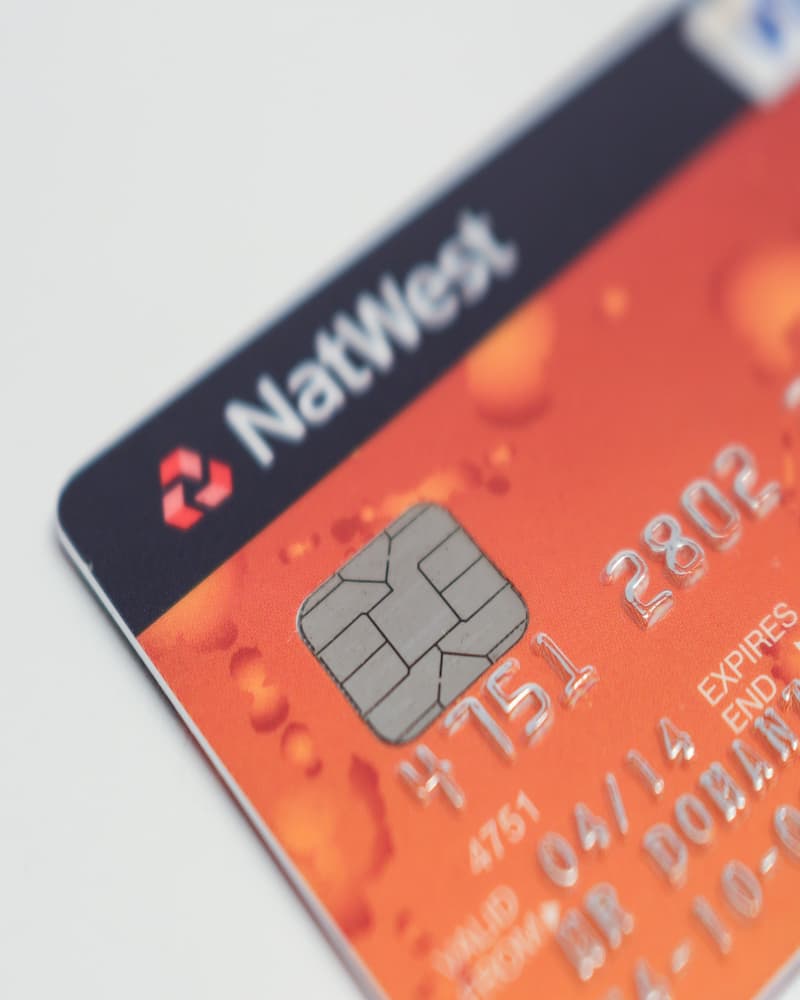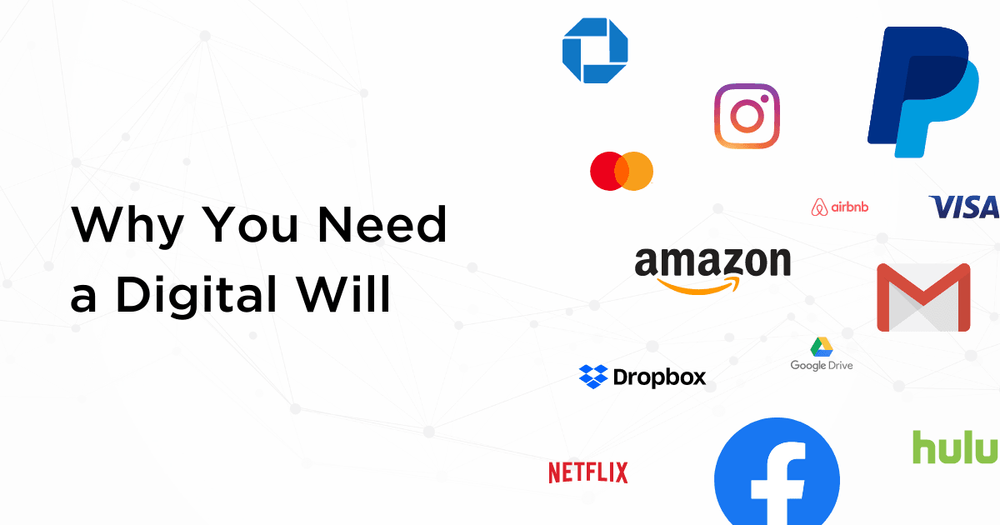Online accounts and digital media are valuable, and they could be misused, locked up or even lost if you don’t take the right steps. Your estate plan isn’t complete unless you’ve accounted for your digital assets.
We tend to overlook the amount of information and assets we have on the web, including social media and networking websites (Facebook, Instagram, LinkedIn), frequent-flier miles, online credit card and bank accounts, subscriptions, photos, etc. What happens to these accounts, and their value, when we pass away?
Most family members may not have a clue what we have floating out in cyberspace, and accessing or deleting accounts can be tricky should you pass away if they don’t have your login credentials. Each website has its own requirements and legal processes for dealing with death, which can be quite cumbersome. But there are a few actions you can take in advance to make this easier for your loved ones to navigate. Read on for some tips to help you get your digital footprint documented and shared should you pass away..
Make a List of Everything You Access Online & Your Login Credentials

In addition to having your estate planning documents in order, it makes sense to compile a list of all your online accounts, their usernames, passwords and any security questions or pins. This includes bank accounts, credit cards, bitcoin, PayPal, email accounts, Facebook, Twitter, TikTok, Amazon, iTunes, Netflix, Hulu, Apple Music, Spotify, Shutterfly, Match.com, frequent-flier accounts, medical portals, etc. It’s a lot, but it can be done bit by bit. Each time you log in to an account, just add it to the list. You can make a list of your online accounts using a password manager or a password-protected Excel spreadsheet and update it once per quarter or once a year.
Taking this first step to compile a complete list is important, because these accounts can potentially hold value. Accounts such as Amazon, iTunes, Apple Pay and PayPal may have monetary value stored within the apps, which could be passed to heirs. There are exceptions, such as with an iTunes music collection, which is non-transferrable and gets deleted when you pass away. If you have a “family” sharing account through Amazon, you may be able to circumvent this for certain content. Credit card points and frequent-flier miles all have different rules depending on the company.
Beyond monetary value, your digital life could have sentimental value as well. Facebook and online photo storage accounts can hold a trove of precious memories and posts you and your loved ones might like to see preserved after you are gone.
However, a spreadsheet isn’t the most efficient way to store and share these accounts and your login information. There needed to be a more modern and effective way to save and share your most important digital assets, and now there is. DigitalWill.com gives you the flexibility and control to distribute your information safely.
Choosing Executors For Your Digital Will

Now that you’ve decided what you want done with each account, it’s time to put your wishes in writing. You would want to work with your attorney on adding the correct language to your estate documents based on what you want to happen. This can be an attachment to your documents or a clause. Many clauses are fairly general and only reference what digital assets cover and may provide access to only your executor, trustee or power of attorney. If you want to get more specific as to who can access certain accounts, you may need to add additional detail.
For example, you may not want to allow certain family members access to your social media accounts, although you may trust them with the financial aspects.
In your digital will, you need to name a trusted family member or friend as your “online executor.” The easiest (although not the safest) way for the online executor to take action would be to provide them with the list you compiled in Step 1 of all websites and accounts you utilize and give them access to your login credentials to use once you are gone. Remember to update your list of credentials periodically if you make changes or update passwords, and make sure to explain where the information is located.
If you don’t want anyone to have access to your information while you are alive, a safer way to share your credentials is to give your online executor a copy of the document, but give the password to your attorney (or vice versa). The attorney will then give your executor the password only once provided with a death certificate so the information can be accessed.
What Happens if You Don’t Have a Digital Will?
While many would suggest looking into the email accounts of the deceased to find information you would need to access digital assets, email accounts are also protected by passwords and two-factor authentication. So if you do not have access to even this information, you will not be able to have the access needed.
Your loved ones will be scrambling to ensure your final wishes are being carried out, but with no digital will, their grief will be amplified by confusion and frustration. Shouldn’t there be an easier way to manage your digital footprint when you pass away? DigitalWill.com gives you the easiest way to achieve your end-of-life goals.






